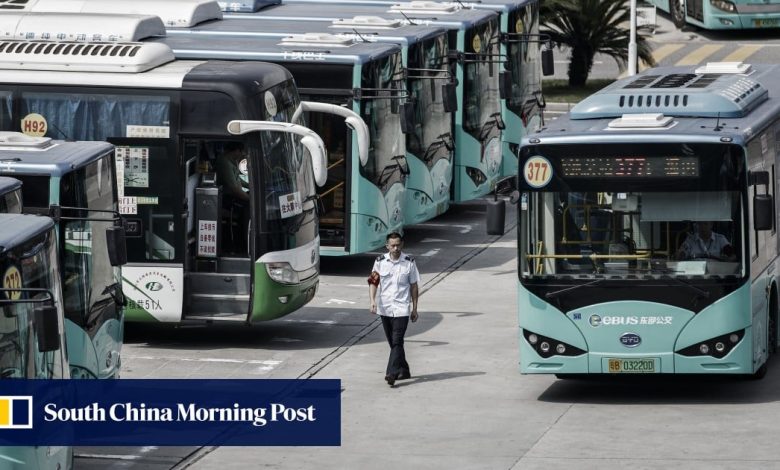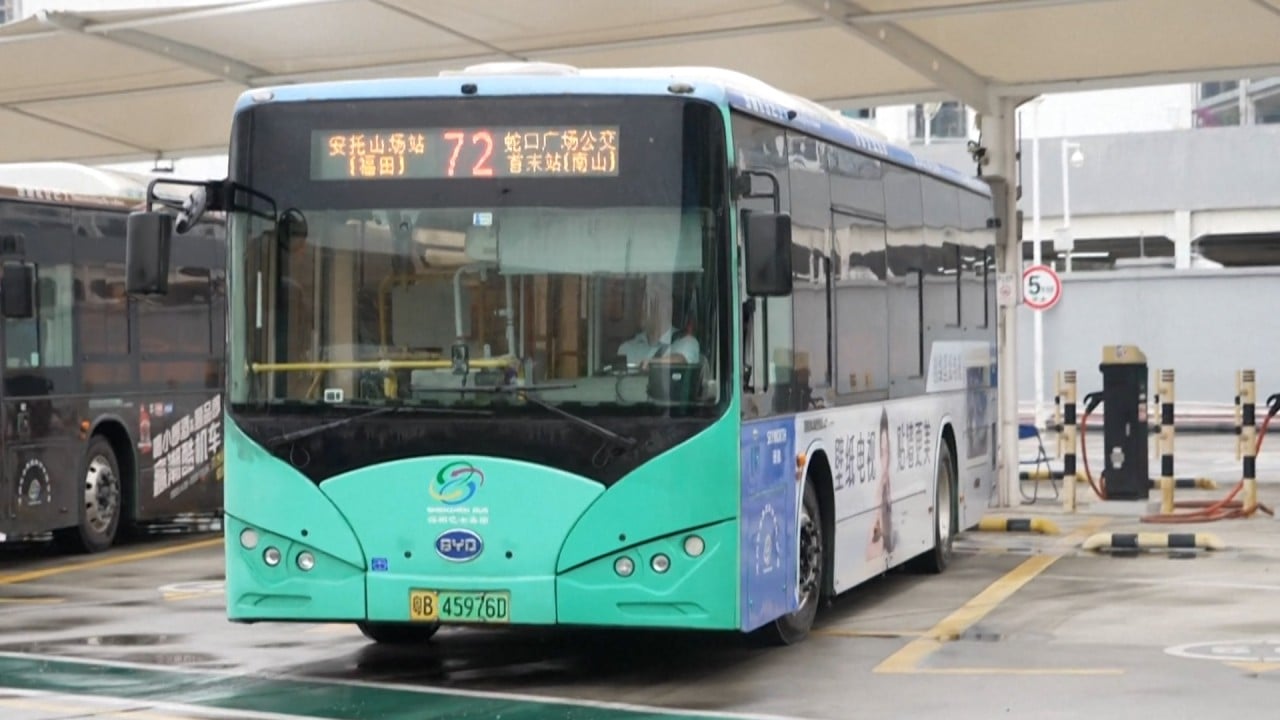Shenzhen to put autonomous buses on roads as China accelerates self-driving vehicle tests

China’s southern tech hub of Shenzhen plans to put a fleet of 20 driverless buses on the road this year, according to the local bus operator, amid the country’s push for a wider roll-out and commercialisation of autonomous driving technology despite regulatory, security and social concerns.
The self-driving buses will operate along four bus routes in Shenzhen’s Qianhai district, an economic zone neighbouring Hong Kong, where stops include subway stations, commercial and business districts, industrial parks, residential areas and tourism sites, according to an announcement by Shenzhen Bus Group, the state-owned public transport firm.
With government approval for a trial run already granted, the company said it aims to create “the largest fleet of autonomous driving buses in the downtown area of a first-tier city”.
Shenzhen Bus Group will start operating the first bus route as early as this month, charging a fare of 1 yuan (US$0.14) per ride during the trial period, the state-backed Shenzhen Special Zone Daily reported on Tuesday.
Shenzhen has been making a big push to become China’s autonomous vehicle hub. It joins other cities such as Guangzhou and Wuhan in being among the first to allow self-driving buses.
The city is also the first to allow fully autonomous cars to operate across an entire district, according to the Shenzhen Special Zone Daily report. In Pingshan, licensed operators including Baidu have deployed fleets of robotaxis without safety drivers.
Shenzhen, with a population of 17 million people, has pledged to grow its intelligent vehicle industry to 200 billion yuan in revenue by 2025, according to an action plan released by its municipal government in June 2023.
However, the roll-out of autonomous driving technology is drawing scepticism in some circles amid concerns about safety and job losses.






